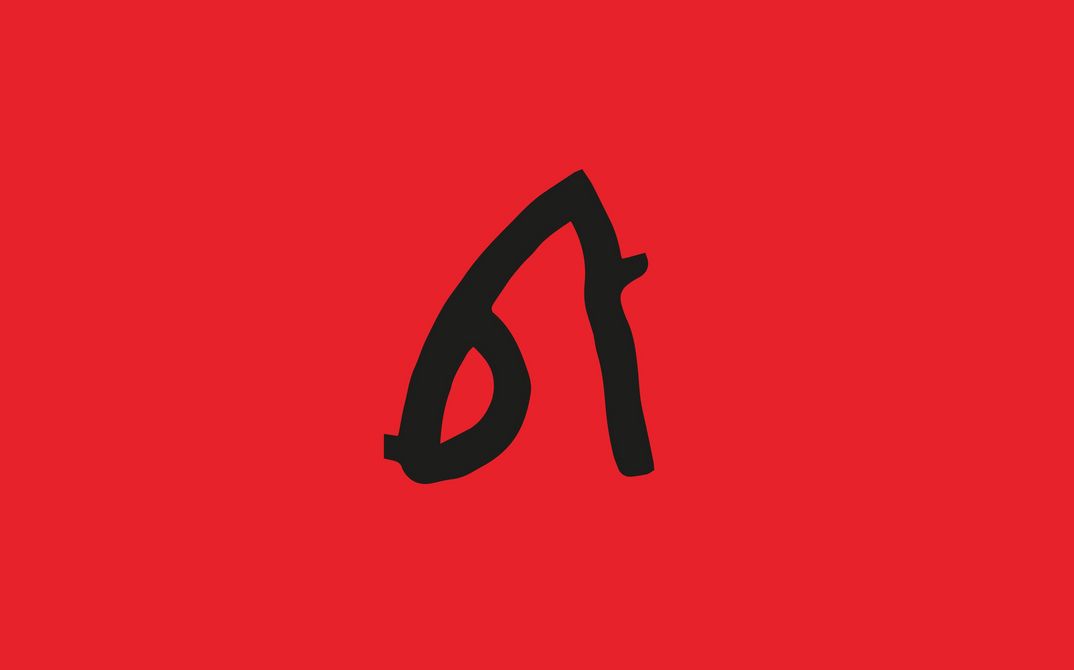Arsenal’s last day of screenings on Potsdamer Platz takes place in mid-December before our cinema must close for one year. In this period, we are planning collaborative events in Berlin, throughout Germany, and internationally with the goal of highlighting the networks and communities which enable a lively social and cultural practice. Every project, every institution needs a sphere of resonance to be able to function and grow. This not only includes the audience, but the entire diverse spectrum of public culture. This applies to Arsenal as well.
In January 2026, we will open our new cinema in silent green Kulturquartier, an absolutely essential cultural center that not only offers its tenants affordable spaces, but, moreover, a wide range of possibilities for cultural exchange. Now silent green is affected by the budget cuts too, like its neighboring institutions Sinema Transtopia and Savvy Contemporary, with whom Arsenal has successfully collaborated for many years on projects which would not otherwise have been possible. This past July, the Senate-funded Berlin program Artistic Research relocated to Berlin-Wedding, bringing new synergies, including through opportunities for doing research in Arsenal’s film archive, which views its conservation, curation, and artistic practice as sustainable research. This program’s existence is also under threat.
Moving to Wedding carries a strong urban and political meaning for us: We see the surrounding neighborhood, which we did not have on Potsdamer Platz, as an existential chance for the future. The Berlinale, in which we participate through the sections Forum and Forum Expanded, can also establish an additional hub here. These were important arguments for the new location.
Local cultural work not only connects the neighborhood to the city, but also to the rest of the world: 22 years ago, Arsenal, still funded at the time by the State of Berlin, faced closure due to an announced 20% budget cut. Letters of protest quickly arrived from Berlin, from the rest of the country, and from abroad. On the one hand, they referred to the importance of the institution, on the other, however, to Berlin as a cultural center, since the city had just set out before everyone’s eyes to live up to its role as the capital.
The budget cut was cancelled, but only to place Arsenal under the responsibility of the federal government soon thereafter. Through the interplay of many state and federally funded institutions and funding programs for artists, Berlin has since grown into a cultural center that attracts people from around the world. This success did not result from everyone basking in funding money. Most establishments – whether they are funded by the state or federal government – can only just cover their structural costs with it. However, they have all supported and inspired each other, created seemingly endless resources out of the collective situation, and collectively contributed to Berlin’s reputation today not only as an economic center, but above all as a lively international center for culture. A culture which provides space for open discourse, enables discussions, conflict, and (self-)critique, a culture which enables social practices as well as learning and growing together.
We believe it is dangerous to jeopardize this even before anti-democratic forces come into power, knowing that they want to drive critical social discourses out of the cultural sector. We need culture in all its diversity now more than ever.
Our farewell program on Potsdamer Platz is intentionally called “This Is What Cinema Can Do.” Cinema can: It is precisely because of this conviction that we are currently building a new theater. This takes strength. We need our other comrades-in-arms in Wedding and all over Berlin who support and inspire us. Likewise, they need protected spaces like ours. They can offer culture, but only when the political will for it exists.

